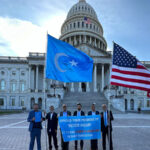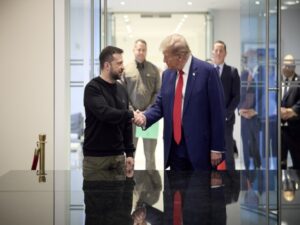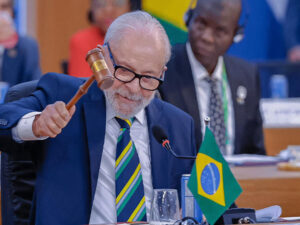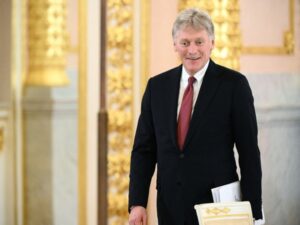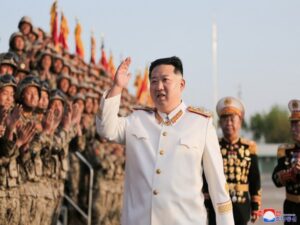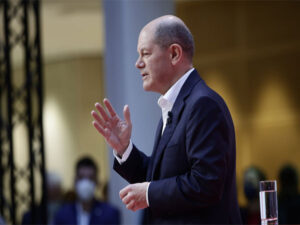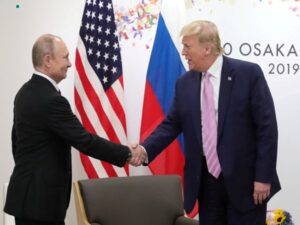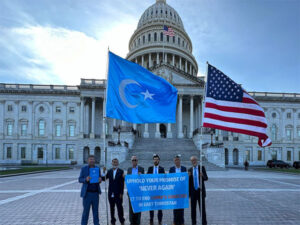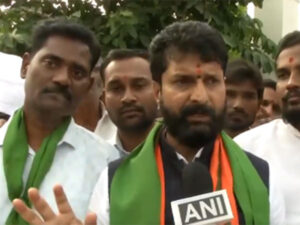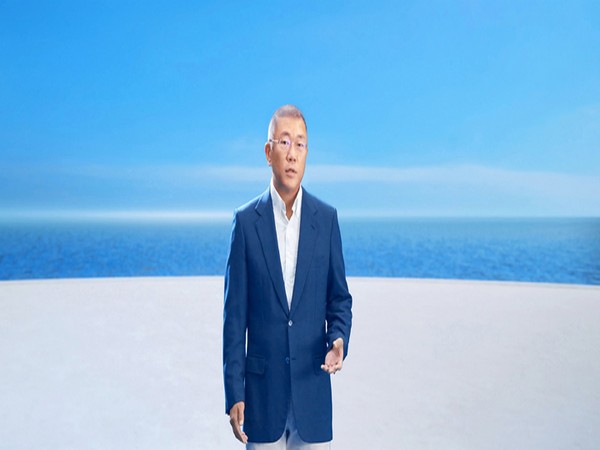
Seoul [South Korea], September 8 (ANI/Global Economic): Hyundai Motor Group has declared that it will make 2040 as the first year of hydrogen energy popularization. It also unveiled the world’s top-class next-generation hydrogen fuel cell and high-performance hydrogen electric vehicle ‘Vision FK.’
Hyundai Motor Group Chairman Chung Eui-sun said at the ‘Hydrogen Wave’ global online event on the 7th, “Hyundai Motor Group‘s vision for the future hydrogen society is to make hydrogen energy to be used by everyone, for everything, in everywhere. We are planning to achieve this hydrogen society by 2040.”
“In order to speed up the realization of hydrogen society, all new models will be released as hydrogen electric vehicles or electric vehicles, and hydrogen fuel cell systems will be applied to all commercial vehicle lineups by 2028,” said Chairman Chung. “For this, the company will release a hydrogen fuel cell system that lowers price and volume but greatly increases durability and power.” Hyundai Motor is the first company that announced all-level conversion of commercial lineups.”
Hydrogen energy for everyone, everything, and everywhere in 2040
Hyundai Motor Group is planning to make a groundbreaking change in overall industries and society with hydrogen energy through ‘Hydrogen Vision 2040’ by 2040.
Firstly, Hyundai Motor group will promote global emission reduction through popularization of commercial hydrogen electric vehicles.
Hyundai Group will apply hydrogen fuel cells to all commercial vehicle lineups including models that have already been released for the first time in the global automobile industry by 2028. In particular, it is planning to release all new commercial vehicle models such as large trucks and buses as hydrogen electric vehicles and electric vehicles in order to achieve zero-emission.
Hyundai Motor Group is expecting that this will generate more than 200,000 tons of annual hydrogen demand in the domestic commercial vehicle market in 2030.
Hyundai Motor Group is also planning to accelerate its global expansion by entering the European medium and large commercial vehicle market, which has annual sales of 400,000, with its hydrogen fuel cell commercial vehicles. In addition, it will develop hydrogen fuel cell PVB (purpose-built electric vehicles for mobility) that is about 5~7m long in order to target the small commercial vehicle market, which is expected to be expanded to 7 million units worldwide, and will further strengthen its business capabilities by combining self-driving and robotics in commercial vehicles.
Commercial vehicles usually have a much longer average driving distance and time than passenger cars, so they emit relatively more carbon per vehicle. Therefore, it is expected that it will be able to significantly reduce emissions and contribute to global environmental protection by equipping hydrogen fuel cells first from commercial vehicles.
In this event, Hyundai Group’s unmanned delivery system concept mobility for future long distance logistics, called ‘Trailer Drone,’ was unveiled for the first time. The trailer drone is a new type transportation mobility, which has a trailer on two ‘e-Bogies’ that is applied with two hydrogen fuel cells and fully autonomous driving technologies, and it can rotate in more narrow radius than common trailers. ‘Bogie’ means a wheeled frame at the bottom of a train.
Chairman Chung Eui-sun announced, “We will continuously expand our future business areas by applying hydrogen fuel cells to the mobility and energy solutions as well as automobiles.” He added, “Hyundai Motor will contribute to establishing global hydrogen society by applying hydrogen fuel cells in not only various transportations including trams, trains, ships and UAM, but also overall daily life facilities and industries such as houses, buildings, factories and power plants.” (ANI/Global Economic)
